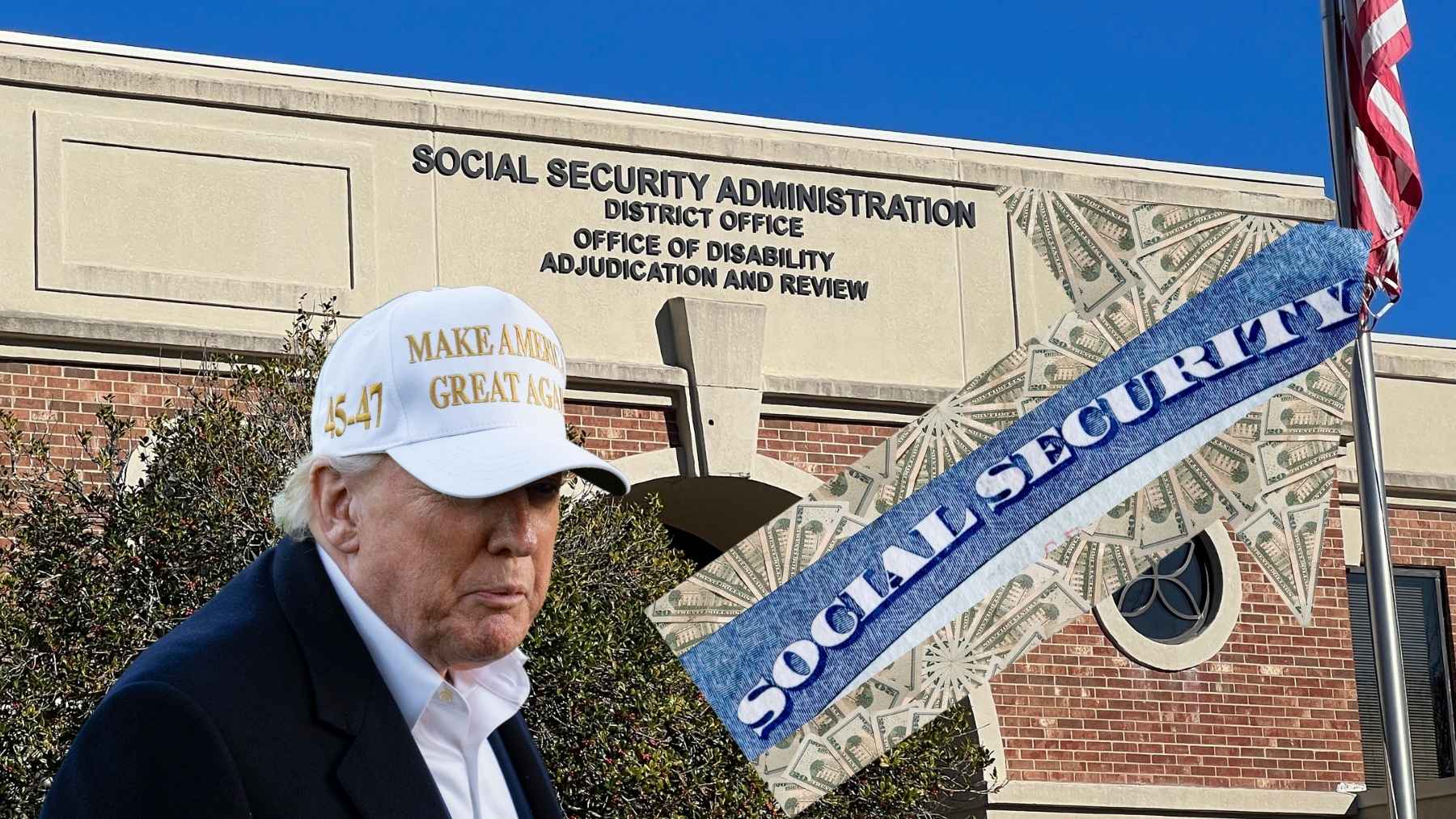Falling behind on federal student loan repayments could prove to be more detrimental than you know. A recent announcement from the Department of Education revealed that the government would begin garnishing the Social Security benefits of beneficiaries who are in default of their federal student loans.
By resuming collections of this nature, the pause put in place during March 2020 as a result of the COVID-19 pandemic would be undone. However, at the last minute, it appears that the Trump Administration has decided to reinstate this pause on defaulted loan collections — however pauses are often temporary.
Here is what you need to know.
To garnish or not to garnish?
“American taxpayers will no longer be forced to serve as collateral for irresponsible student loan policies,” said U.S. Secretary of Education Linda McMahon in an April 21 press release. “The Biden Administration misled borrowers: the executive branch does not have the constitutional authority to wipe debt away, nor do the loan balances simply disappear. Hundreds of billions have already been transferred to taxpayers. Going forward, the Department of Education, in conjunction with the Department of Treasury, will shepherd the student loan program responsibly and according to the law, which means helping borrowers return to repayment—both for the sake of their own financial health and our nation’s economic outlook.”
Notices stating that Social Security benefits would be garnished for defaulters from June had been sent out and through the Treasury Offset Program, the government had planned to garnish up to 15% of a Social Security benefit for those in default. The federal student loan portfolio for the country currently stands at $1.6 trillion.
The Treasury Offset Program (TOP) has existed since 1996, however, due to its COVID-19 pandemic pause since 2020, the general assumption had been that the TOP was eliminated. The department has since opted to put a pause on its recollection plans for the time being and Heather Schreiber, founder of HLS Retirement Consulting, is in favor of this pause.
“I am certainly glad that the Department of Education put this on hold before it came out of the gate,” Schreiber stated. “All the more reason that consumers planning for retirement should find a knowledgeable adviser to help them better plan for and navigate the road to and through retirement.”
The Consumer Financial Protection Bureau has determined that “more than 450,000 federal student loan borrowers age 62 and older are in default on their federal student loans and likely to be receiving Social Security benefits.”
By allowing the recollection pause to continue, borrowers in default could use this reprieve to work towards becoming current with their loan repayments. However, Jim Blankenship, a certified financial planner with Blankenship Financial Planning, fears that options may be limited for those facing garnishment.
“Unfortunately, this situation doesn’t come with many escape options,” he noted.
“The age-old advice of ‘reduce expenses,’ ‘find additional sources of income,’ or ‘sell some possessions’ becomes hollow when the expenses are mostly fixed, taking on employment at a late age is not desired, and there are no possessions to sell,” added Blankenship.
Blankenship’s advice is to take the most direct approach with your debt. “The loan and the payment aren’t going to go away — so reducing that outflow is not an answer,” he explains. “Realize that you’re in a position where you must make hard choices about prioritizing things — housing, food, and medical expenses should come first, and literally everything else is up for debate.”
“Some level of employment doesn’t have to be out of the question, and many businesses are clamoring for employees these days,” he further notes.
Elaine Floyd, director of retirement and life planning at Horsesmouth, has also stressed that once the Social Security Administration begins garnishments of your Social Security benefits, it cannot be undone.
“It is therefore preferable to work out debt repayment arrangements directly with the creditor in question before garnishment of Social Security starts,” Floyd states.

